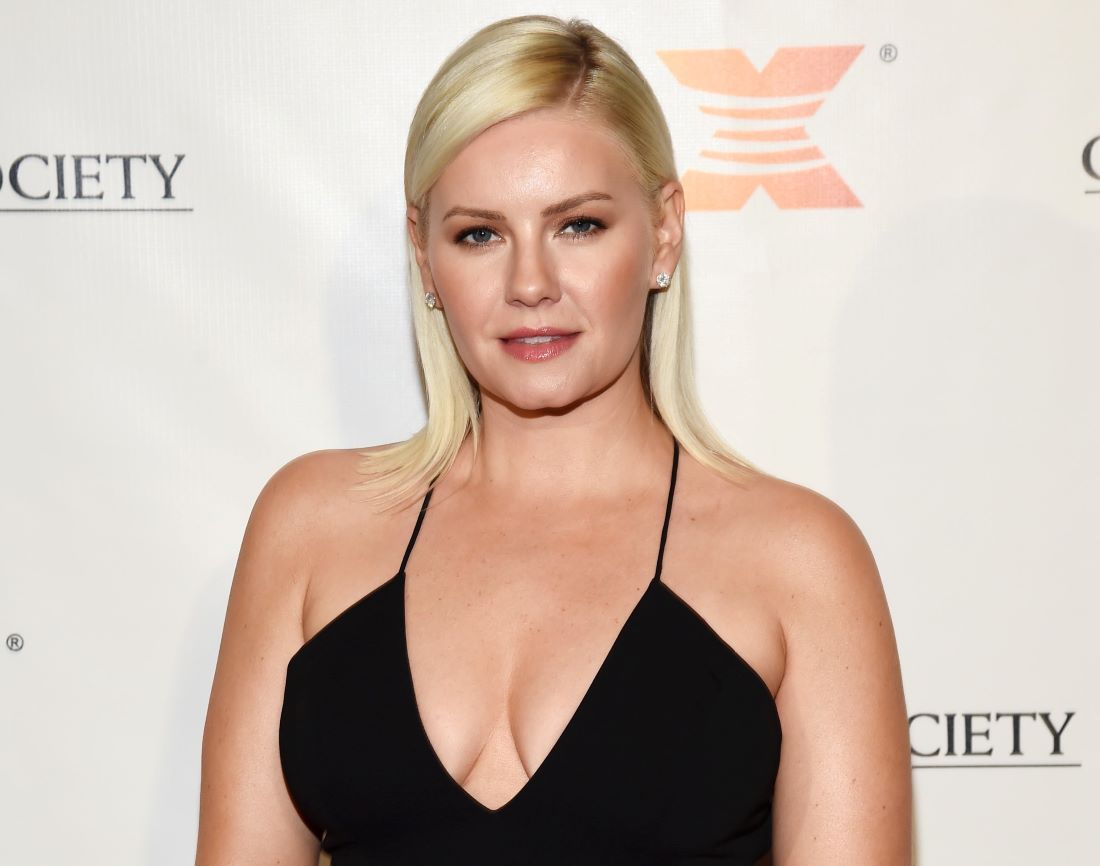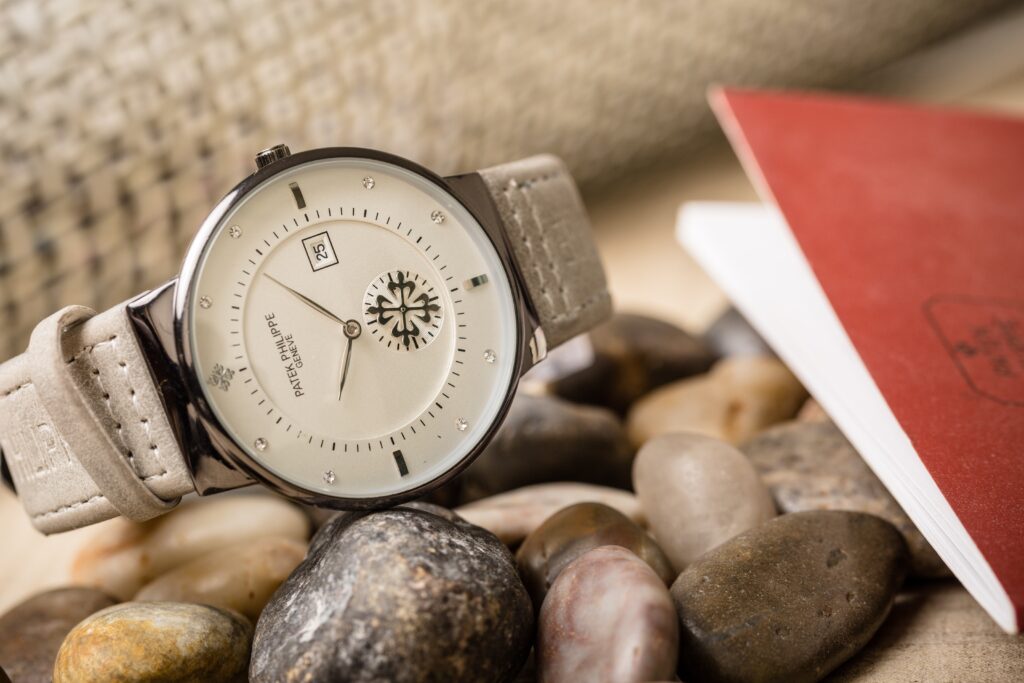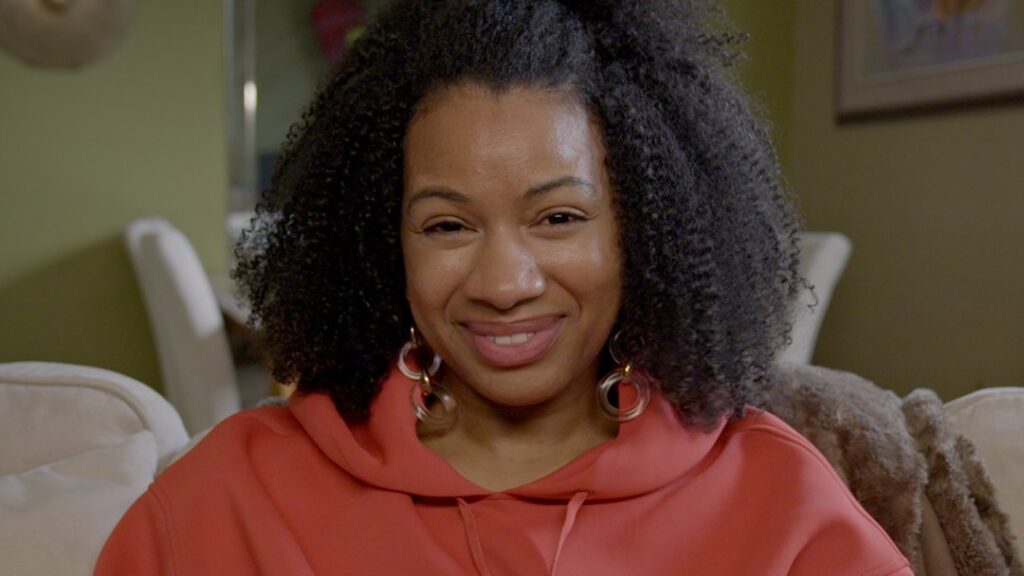Relationships are essential to human life and play a significant role in our happiness but, no matter how great a relationship is, we all have our limits. A dealbreaker is a line in the sand that can’t be crossed or a condition that must be met in order to maintain a happy, healthy relationship. Ultimately, deal breakers are about recognizing one’s values and putting boundaries in place to protect them, says Carole Sandy, a Toronto-based couples and family therapist.
“We all have boundaries and important ways in which we function in relationships. We want to make sure that we’re protecting ourselves and our needs. It could be something as simple as them being able to get along with your family. If they don’t get along with your family, you’re unhappy because that’s something important to you,” she explained.
Although deal breakers are about knowing what’s important to you and asserting that in a relationship, they’re not the same as dating preferences. For example, wanting to date someone who understands the dynamics of a big family is a preference; wanting to date someone who wants a big family could be a deal breaker.
People want to feel safe and grounded in their relationships, and establishing boundaries can make that happen. The purpose of deal breakers is “making sure that we don’t feel conflicted because it’s hard to work out the relationship if there are things getting in the way of getting to know the person you’re dating,” Sandy explains.
Deal breakers help you establish if a person is right for you, but they don’t all have to be communicated or figured out right away. Consider how serious the relationship is, what stage you’re at or your intentions. Having too many deal breakers or listing them too early can be off-putting and could make the relationship difficult. It might be that you or your partner are more sensitive than the other is comfortable with or that the weight you assign certain values differs. That’s okay; it’s better to know and not waste time.
Sandy says it’s important to have these conversations in relationships, romantic and otherwise, and encourage participants to be honest with themselves and others to avoid “pain and frustration.”
“If we want this relationship to keep going, this is what my expectations are, this is what I want.”
When needs are consistently unmet or not communicated, it fosters resentment, which can lead to ultimatums. Having your needs unmet sucks and leaves people in uncomfortable positions where they need to have tough conversations.
Sandy recommends saying something like, “This is something that I really want, and need you to make a decision on this, or I’ll move forward. I understand this may not be important to you, but I do want these things.”
Ultimatums about getting married, having kids, polyamory, career changes and relocating are serious issues that are not uncommon in romantic relationships. Ultimatums and deal breakers can put a lot of pressure on relationships and prompt behaviour changes—but it’s important to consider the reasons why in the process, whether you’re asking or being asked, so you don’t feel forced into anything.
Respecting other people’s personality is crucial in relationships and that’s something to think about when issuing or being presented with deal breakers. Maybe what’s being asked goes against someone’s natural tendencies or personality, and hoping for change in this area will either require a lot of adjusting or end with disappointment. Sandy said this is something people in relationships need to ask themselves and be conscious of. She used an example of someone who’s inherently flirty with a partner whose feelings of discomfort are triggered by their partner’s attention-seeking behaviours.
“If that’s who [you are] naturally, I don’t know if that’s going to work because you might care about that person, but that’s just who you are and how you show up. So, it’s important to weigh your values and how you feel about that person and ask yourself if you can have a long-term relationship,” Sandy said.
Things she says people in relationships can ask themselves in deal-breaker situations include: “What do I want? What’s important for me? Can I show up and be myself naturally or will I be pushing myself out of my comfort level? Would that be too overwhelming?”
It’s no secret that maintaining a strong relationship requires work, that’s even more so the case when deal breakers are part of the equation. It’s important that people recognize that and be honest with themselves and their partner about how much work they’re willing to do and having a conversation about it.
“People need to recognize what they’re capable of living with or working through, and it differs for everyone, it’s very important to be able to recognize what these things are. It helps us stay connected and committed to the person.”
Whether you’re working with your partner on a compromise for a deal breaker or still coming to terms with what those are, preserving your mental health and well-being is vital.
Sandy says deal breakers are smart, important and helpful.
“They help us to understand ourselves and build better connections with the individual.”
She says many of her clients come to her because they’re trying to break patterns of fear and hostility within their relationships that aren’t working. Sandy says having conversations about values and deal breakers can help people find new ways of connecting and understanding each other.
Marcus Medford | Contributing Writer








